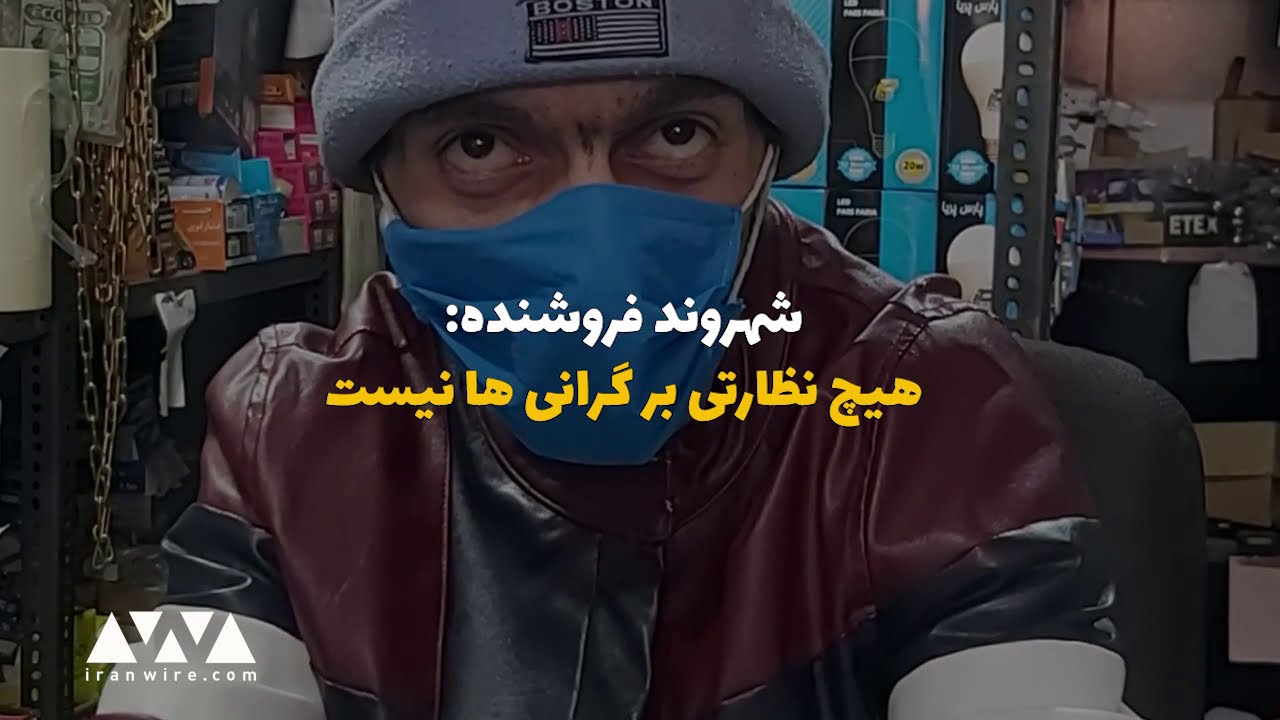Jinous Kheradmand, Citizen Journalist, Tehran
Video interviews in Persian
The latest report from the Statistical Center of Iran on poverty and income says that at least 70 percent of Iranians are living below the poverty line and experiencing financial hardship.
Etemad newspaper has quoted an informed source in Iran’s forensic medicine organization as saying that, from March 2020 to the end of November, an average of 15 Iranians committed suicide every day. Most of these suicides were attributed to economic problems and poverty.
IranWire has spoken to several citizens about economic problems, unemployment and inflation.
"Personally, I have changed my job four times in the last two years, but I could not succeed in any of them. I had some land that I had to sell because of all the losses I sustained by changing jobs. The situation is such that something we used to buy for a thousand tomans now costs ten times as much. Income and spending do not match. If the value of money is falling so much, because of inflation, at least I wish they would tell us not to invest."
This is just one of the many remarks made by a citizen of Tehran who, after repeated work difficulties, is now a peddler on the street.
Many Iranians are frustrated by unbridled prices rises, rampant inflation, and their declining economic power. One Tehran citizen said: "The only way is for us to lower our expectations. If we want to live like we did in the past then nothing works. I think the culprit is the Iranian leader and his way of governing."
Ayatollah Ali Khamenei, Iran’s Supreme Leader, on February 18, 2014, a few months after Hassan Rouhani took office as president, outlined his general policies on Iran’s "resistance economy" designed to make Iran independent of economic ties to other countries and able to withstand American sanctions. The policy called for the domestic production of basic goods, especially those which are largely imported, to increase, and for the supply chains used to import other goods to be diversified. Strategic reserves were also to be created for these goods and their raw materials to ensure food and medicine security.
But the "resistance economy” still lacks a precise definition and some critics of the Iranian regime believe it is more of a political slogan than an economic plan.
Evidence shows that the policies of the resistance economy have not only failed to improve the living conditions of ordinary Iranians but that many people have faced increased economic difficulties in recent years.
A citizen of Tehran, who sells spare car parts, said in reference to inflation and the decline in people's purchasing power: "During the last two years, we have had 150 percent inflation ... We sell an item for 25,000 tomans, but the next time we buy it, we have to spend 28,000 tomans. Naturally, we have to invest more and work with less profit; otherwise, we have to close our businesses. Many times a customer has come in and, and because he sees that an item is more expensive than before, he does not buy it. But I am not to blame for this daily change in the price of goods."
"Most people in every sector now start their days with the stress of asking why they had bought this or that good," the car businessman added, referring to the concerns of people who have informal jobs and little capital. "We used to have a profit of two million tomans a day. Now some days our income barely reaches 700,000 or 800,000 tomans. The financial planning is confusing me as a shopkeeper. Because I bought some goods, they have to be sold so that I can pay my debt to the wholesaler, but there are no sales."
Lost work due to self-isolation or quarantine, the closure of transportation routes, closure of industries and rising unemployment, are among the consequences of the coronavirus pandemic that has afflicted Iran for nearly a year. The pandemic has created challenges in Iranian and the wider world that puts significant added pressure on Iran’s economy. The World Health Organization has warned that at least 25 million jobs could be lost worldwide.
"The situation now is such that one does not know whether the government is to blame, the people are to blame, or the disease is to blame," said a taxi driver, referring to the outbreak of the coronavirus and its impact on Iran's economy and other countries. "Everything is closed ... People inside Iran are also paralyzed by economic pressure."
Another citizen in Tehran, who works in fashion retail, also said that the effect of the fluctuating dollar price is having a negative effect on Iran’s economy.
”When the government runs out of liquidity, it raises the price of the dollar. There is no commodity on the market that you can get for a price today that will remain the same tomorrow. Some of our goods have increased sixfold in the last year. Now the situation is such that we are satisfied if we only cover our expenses let alone make any profit."
Some Iranians say that the lack of attention paid by the authorities, and the lack of market control, has led to the dramatic inflation and economic upheaval. They add that a dollar-based economy is not a “resistance economy” but a “chaotic” one.



























comments